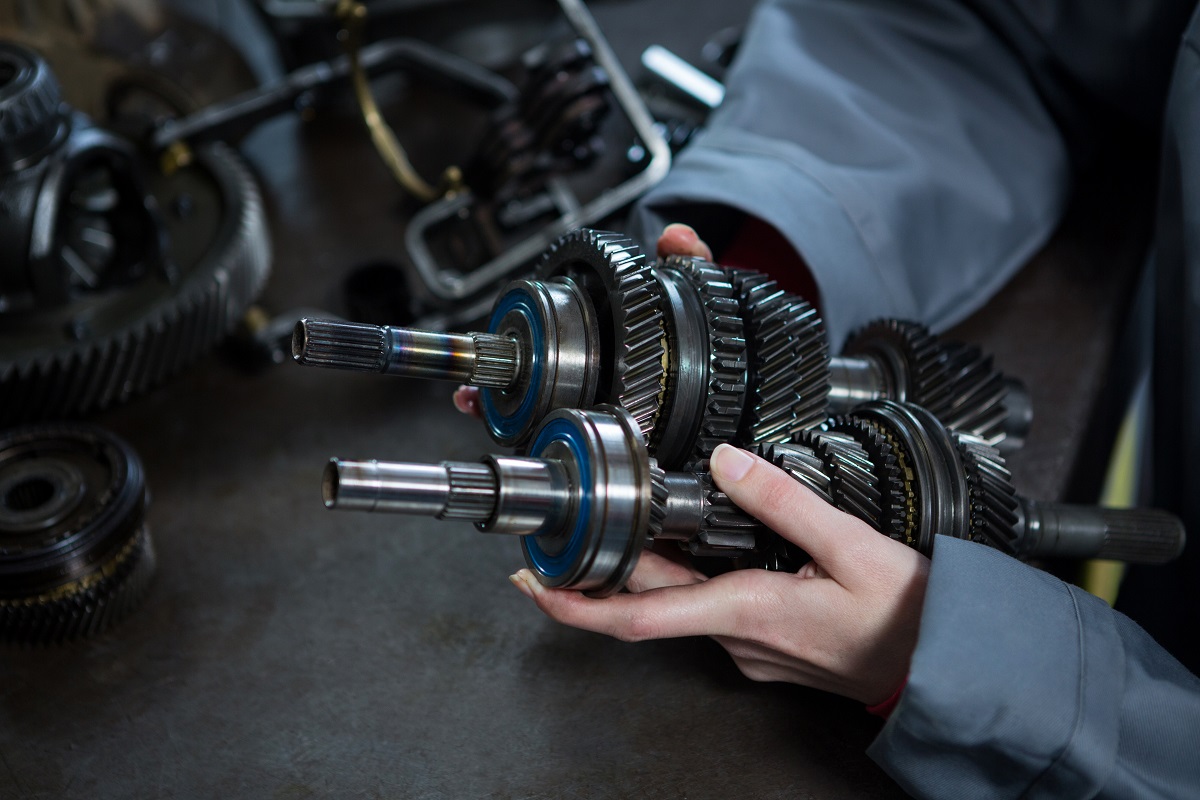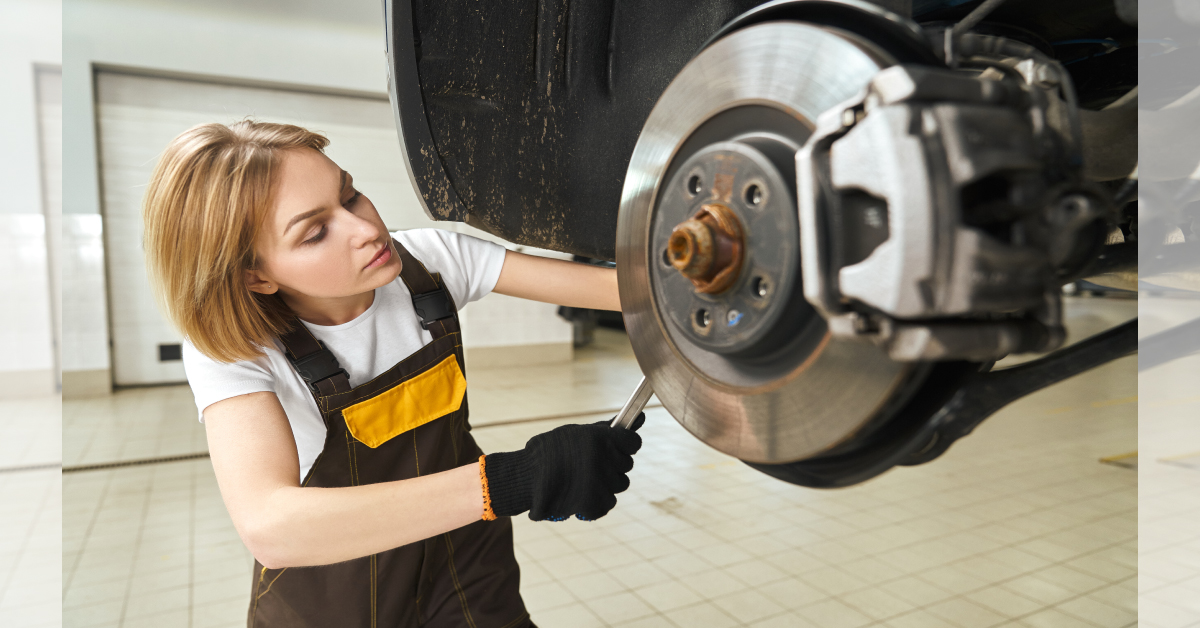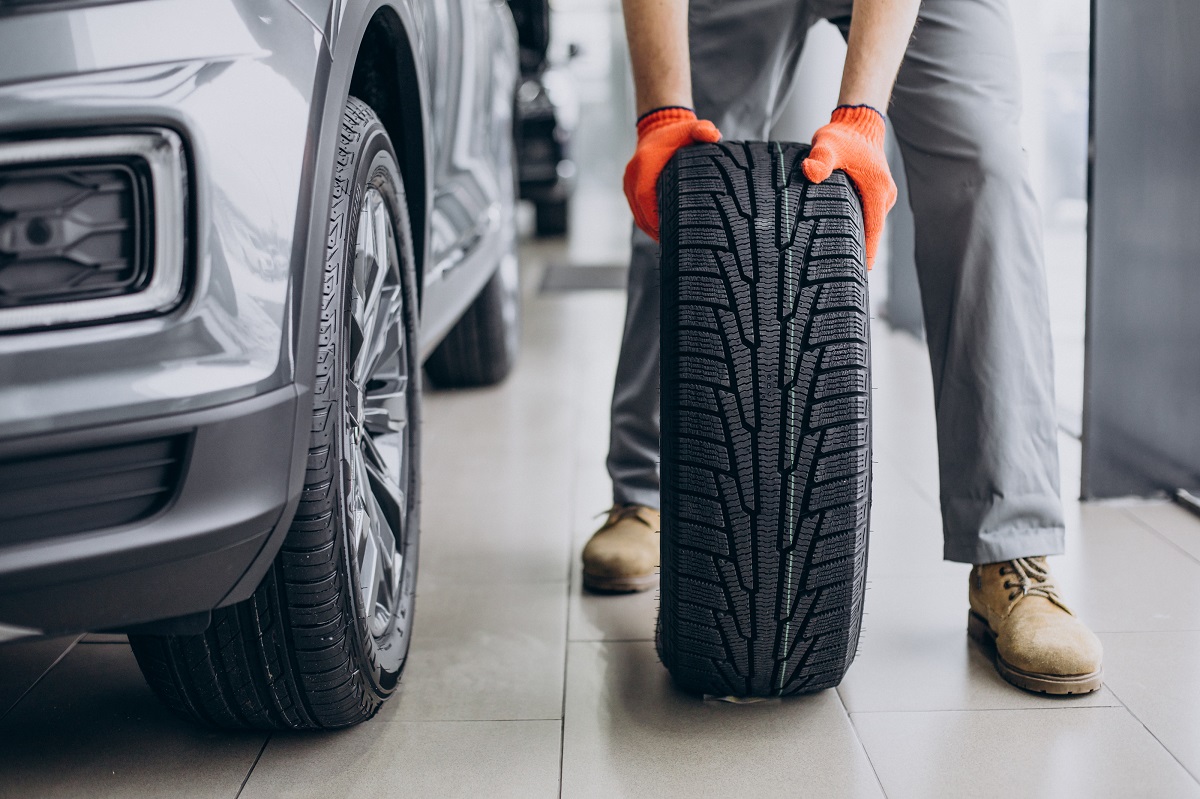Here's A List Of The Different Fluids Your Car Needs
Your car is a complex machine that requires various fluids to operate correctly. While most car owners know that they need to change their oil regularly, many are unaware of the other fluids that their car needs. In this article, based on Dubai car repair specialist's experience, we'll explore the different fluids that your car requires, what they do, and how often you should check and replace them.
Engine Oil
Engine oil is the most well-known fluid that your car needs. It lubricates the engine's moving parts, such as the pistons, crankshaft, and camshaft, reducing friction and preventing them from grinding against each other. Engine oil also helps to cool the engine and remove harmful contaminants and debris. The frequency of oil changes varies depending on the type of oil used, the age of the vehicle, and the driving conditions. As a general rule, it's recommended to change your oil every 5,000 to 7,500 miles.
Transmission Fluid
Transmission fluid is a lubricating fluid that cools and protects the transmission's moving parts, such as the gears and clutch plates. It also helps to transfer power from the engine to the wheels. Automatic transmissions typically require a transmission fluid change every 30,000 to 60,000 miles, while manual transmissions can go up to 100,000 miles between fluid changes.
Brake Fluid
Brake fluid is a hydraulic fluid that transfers force from the brake pedal to the brake components, allowing them to clamp down on the rotors or drums and slow down or stop the vehicle. Brake fluid also helps to lubricate and protect the brake system's moving parts. It's recommended to change your brake fluid every two to three years, regardless of the mileage on your vehicle.
Power Steering Fluid
Power steering fluid is a hydraulic fluid that helps to reduce the effort required to turn the steering wheel. It's essential to the proper functioning of power steering systems, which use hydraulic pressure to assist with steering. It's recommended to check your power steering fluid levels regularly and change the fluid every 50,000 miles.
Coolant / Antifreeze
Coolant/antifreeze is a liquid that circulates through the engine, helping to regulate its temperature and prevent it from overheating. It also helps to prevent corrosion and rust in the engine and radiator. It's recommended to change your coolant every two to three years, depending on the type of coolant used.
Differential Fluid
Differential fluid is a lubricant that helps to reduce friction between the gears in the differential, which is a component in the drivetrain that transfers power from the transmission to the wheels. The frequency of differential fluid changes varies depending on the type of differential and the driving conditions, but it's generally recommended to change the fluid every 30,000 to 50,000 miles.
Washer Fluid
Washer fluid is a liquid that's used to clean the windshield and headlights. It's essential for visibility and safety while driving. It's recommended to check your washer fluid levels regularly and top them off as needed.
Fuel
Fuel is a liquid that powers your car's engine. It's important to use the recommended type of fuel for your vehicle and to keep the tank at least half full to prevent sediment and debris from entering the fuel system.
Conclusion
Your car requires various fluids to operate correctly, and each fluid plays a vital role in keeping your vehicle running smoothly and safely. It's essential to check and replace these fluids regularly to prevent damage to your vehicle and ensure that it's performing at its best. By staying on top of your fluid changes, you can help extend the life of your car and prevent costly repairs down the line. Be sure to consult your owner's manual or a qualified car mechanic for guidance on how often to check and replace each fluid, as the frequency can vary depending on your vehicle's make and model, as well as your driving conditions. With proper maintenance and care, your car's fluids can help keep you safe on the road and extend the life of your vehicle.




Comments
Post a Comment